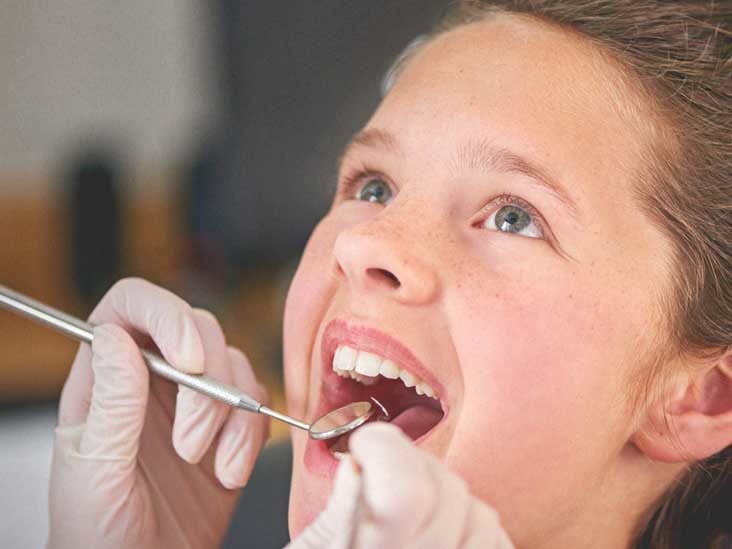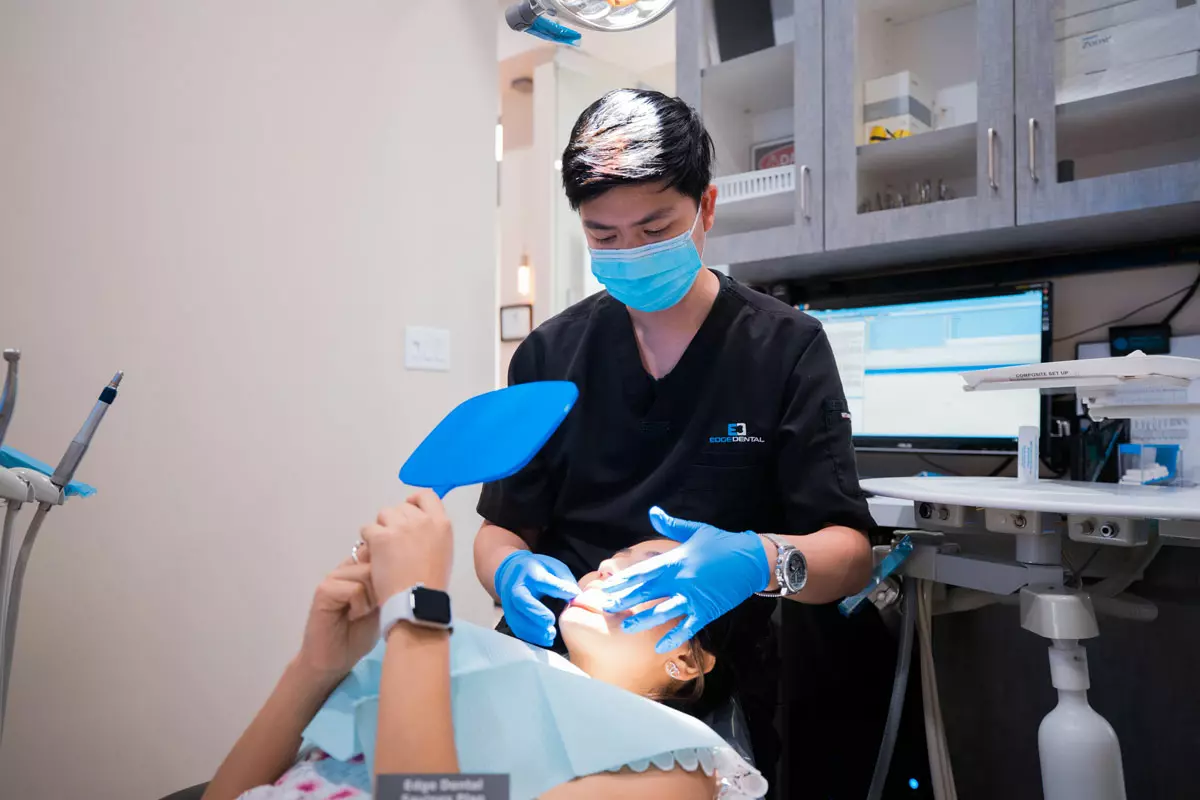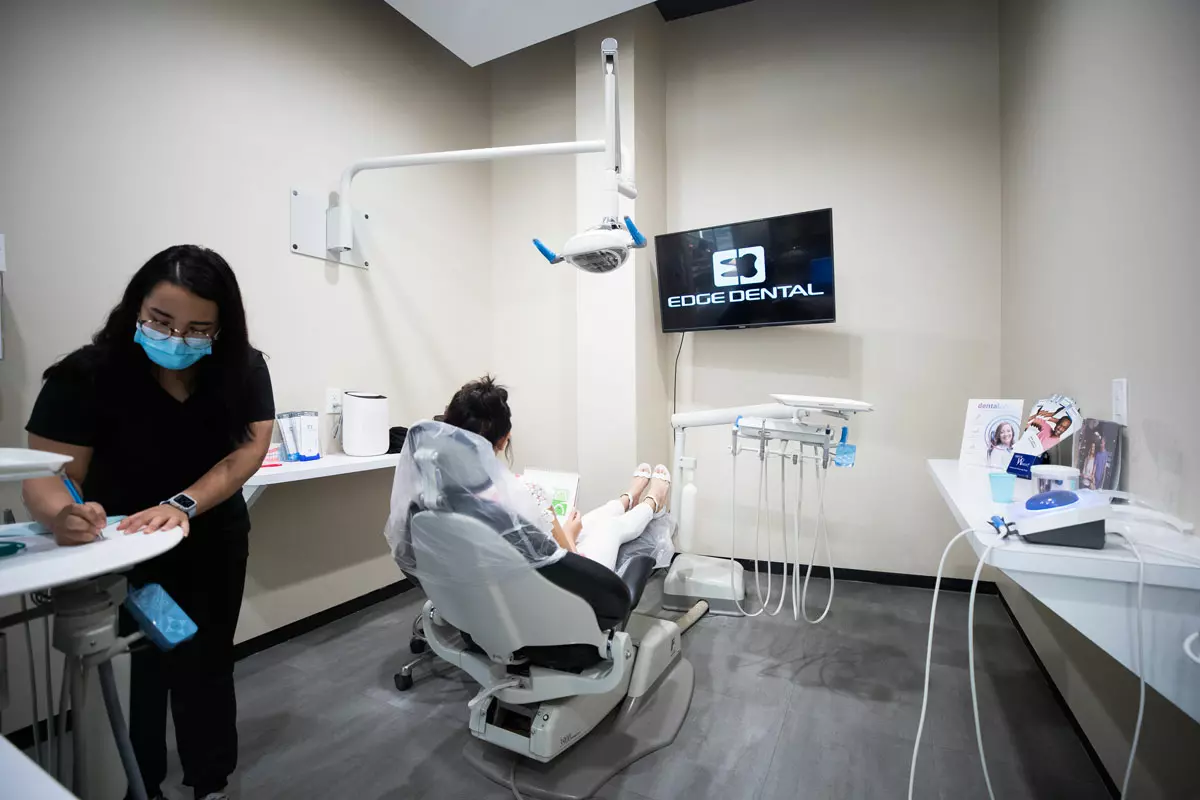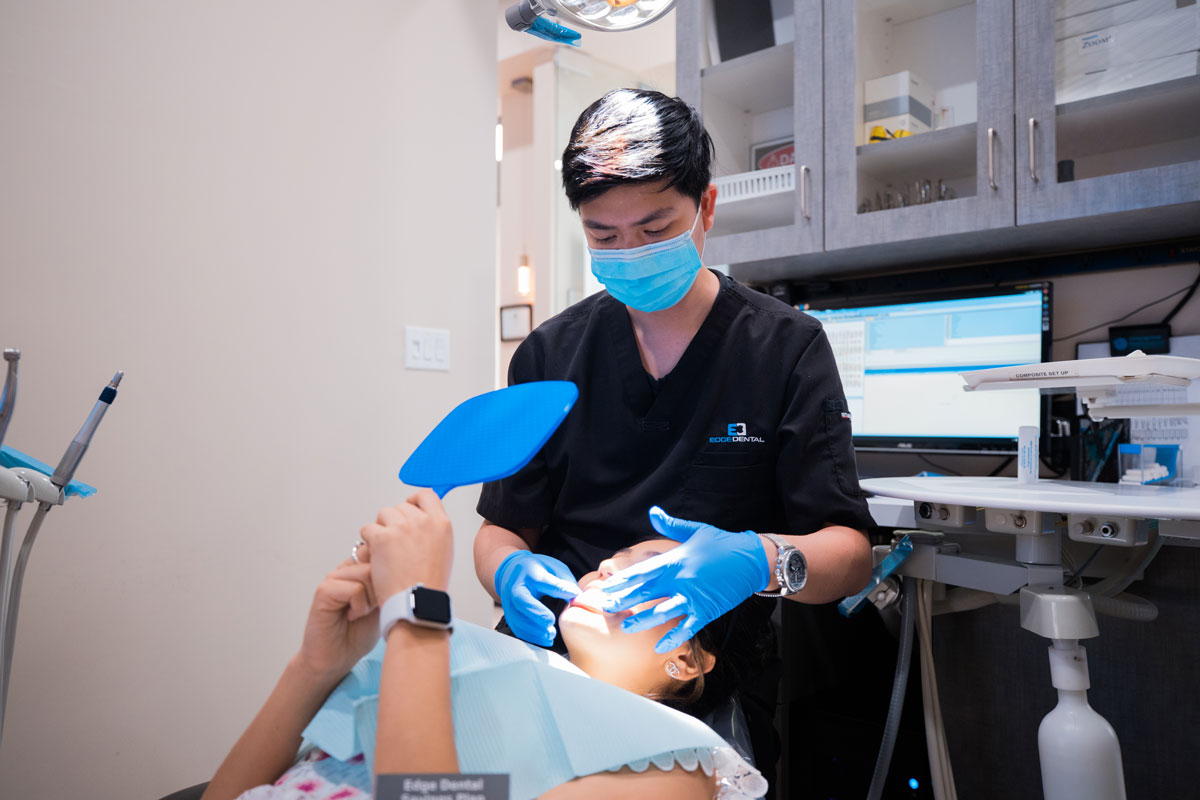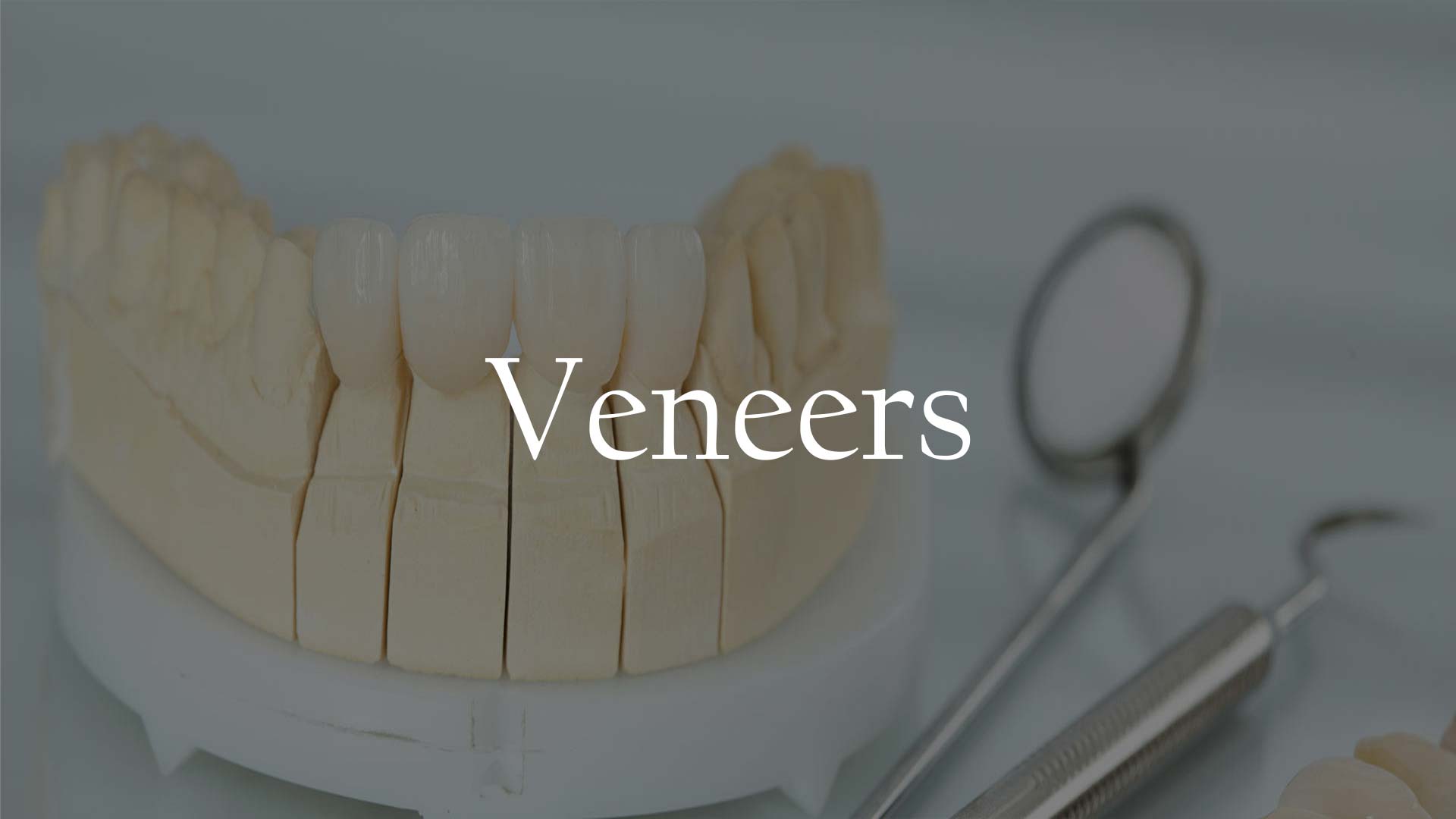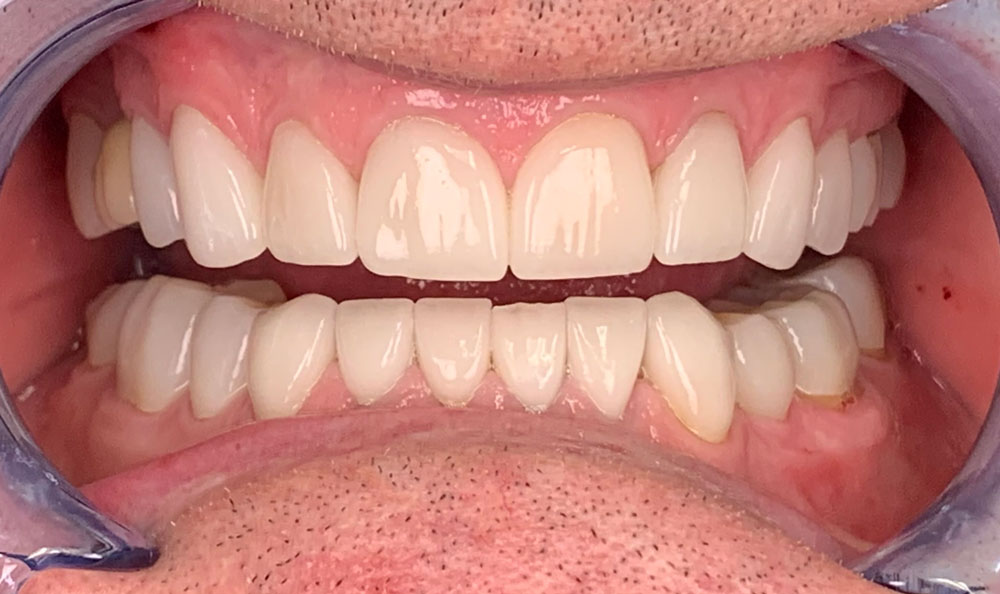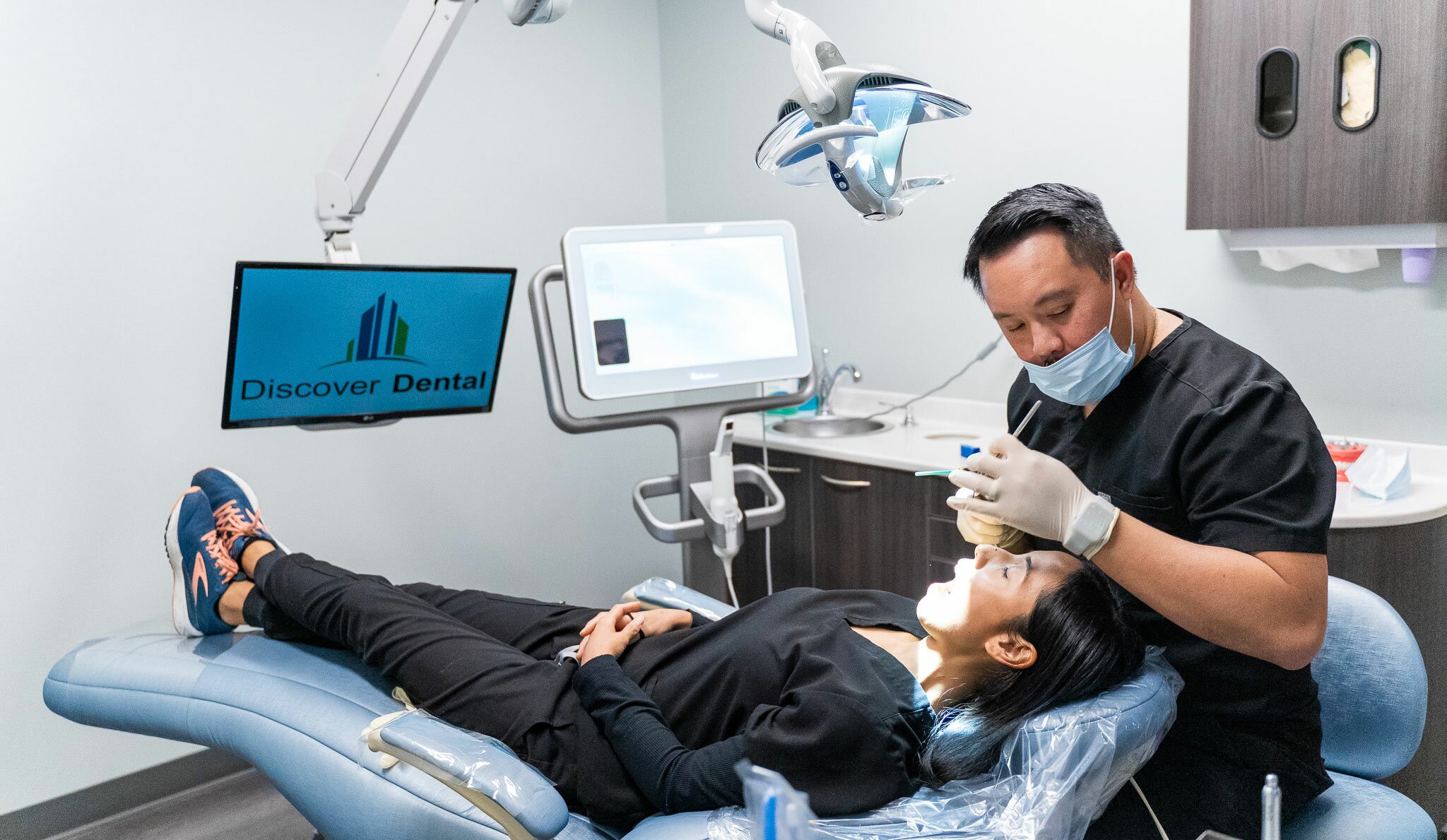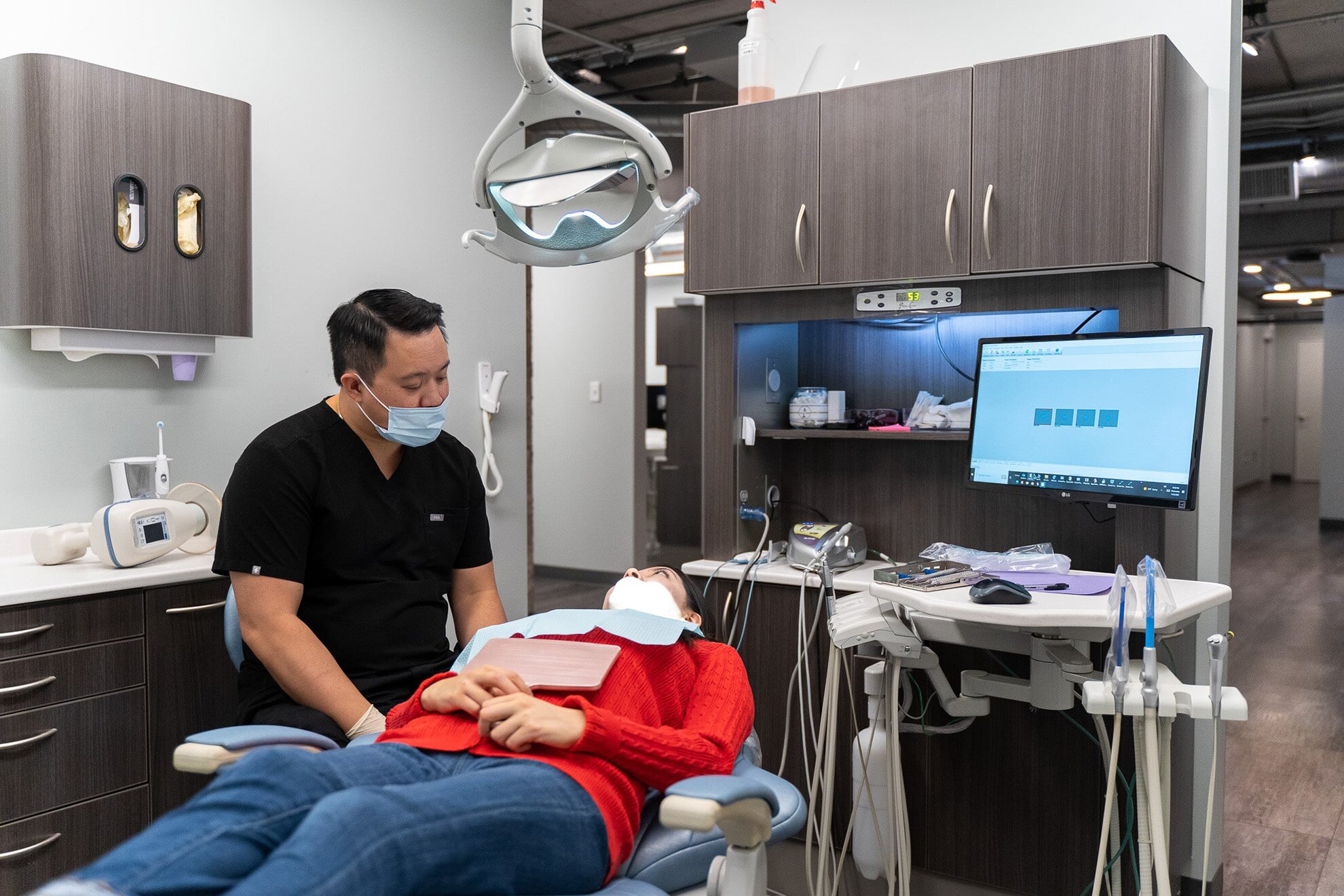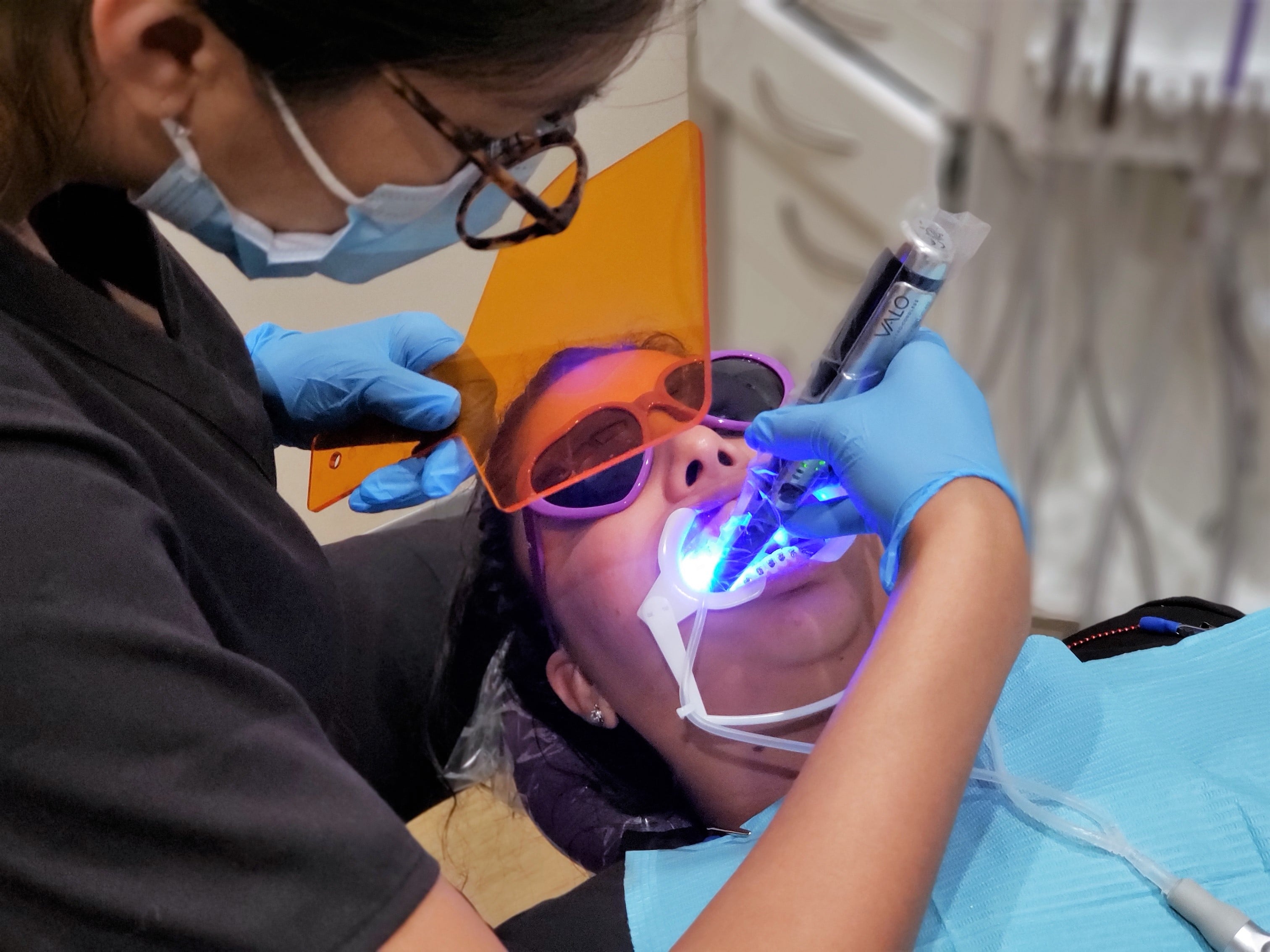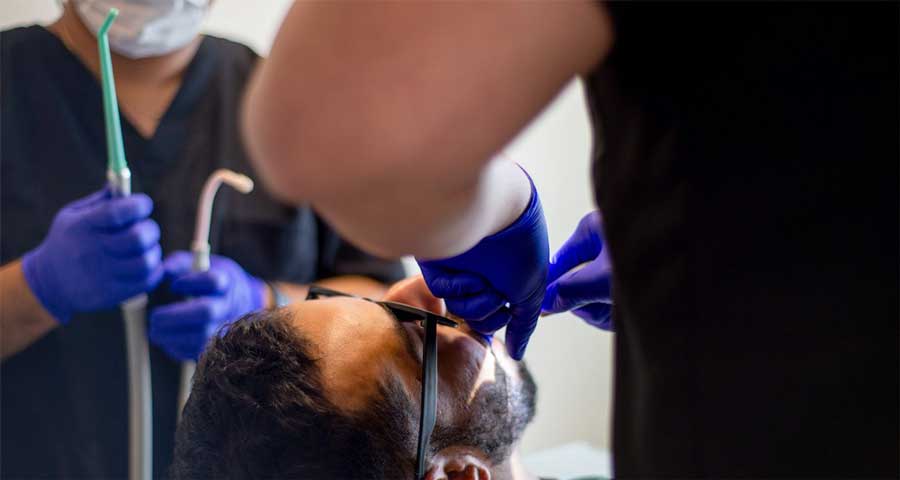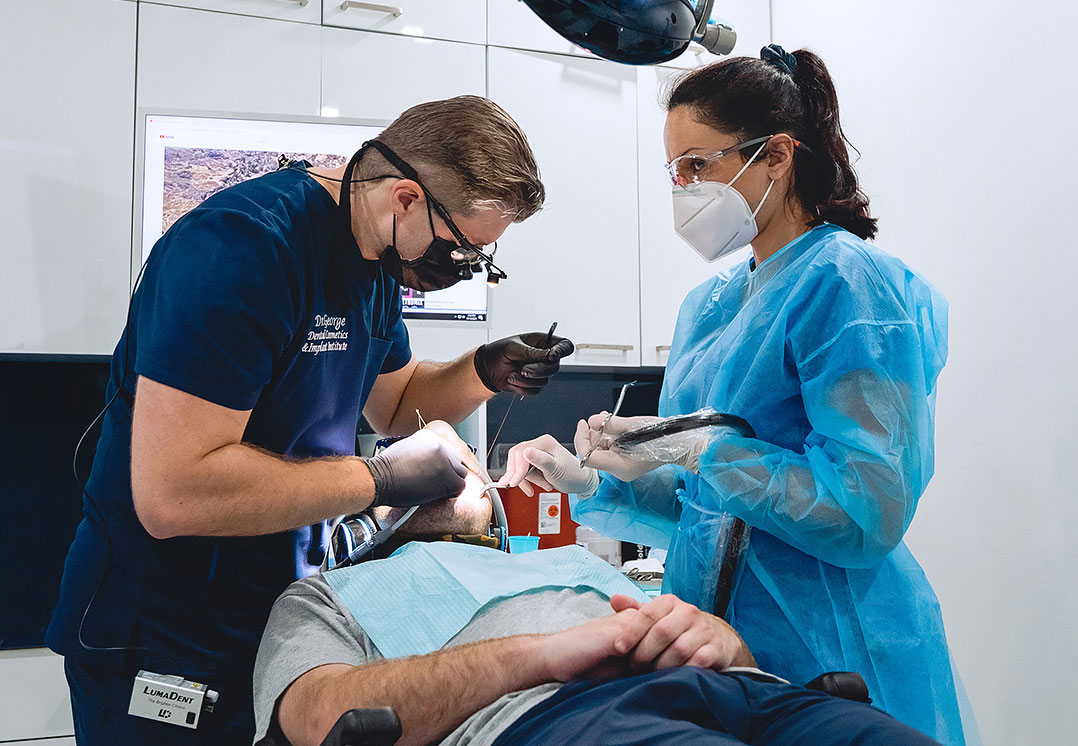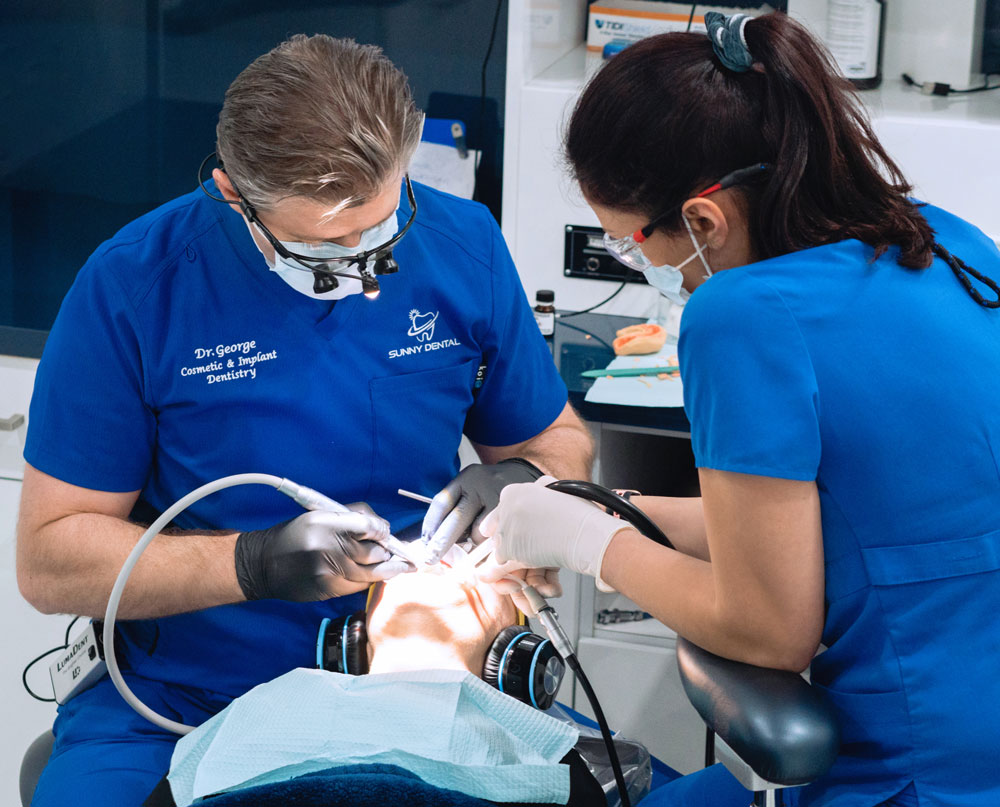Do you frequently awaken with jaw discomfort or realize that your teeth feel tender in the morning? If so, you may be suffering from the consequences of sleep bruxism, which is caused by teeth grinding or clenching. But don't be concerned! Dental night guards are a simple and practical way to safeguard your valuable smile. This article will look at how a dental night guardmay help you retain an attractive and appealing smile by preventing tooth damage.
The person who unintentionally clenches or grinds their teeth at the time of sleeping is considered to be suffering from sleep bruxism, an increasingly prevalent sleep condition. This type of conduct can place tremendous strain on the teeth, gums, and jaw, resulting in a variety of oral health problems. The following are some of the major effects of sleep bruxism:

- Tooth Wear
The frequent clenching and grinding may break down the structure of the tooth surface gradually, leaving the enamel of the teeth more prone to cavities and sensitivity.
- Cracks And Chips
Too Much pressure on the enamel of the teeth can cause breaks or chips, risking the tooth's strength and aesthetics.
- Gum Recession
Teeth grinding can cause a receding gum line, which occurs when the gums peel apart away from teeth, revealing the roots of the teeth and allowing them to be more susceptible to dental disease.
- Jaw Pain And Headaches
Jaw pain, as well as headaches, can result from straining on the jaw muscles, generating irritation and disrupting normal daily activities.
The night guard for teethis a personalized dental device that forms an obstruction between your top and bottom teeth. These function as a buffer, cushioning the power of clenching and grinding of teeth as you enjoy your sleep. The following are some of the ways through which dental night guards can safeguard your smile:
- Preventing Tooth Wear
Dental night guards avoid immediate contact and lessen the effects of grinding by acting as a barrier between the top and bottom teeth. This protects the tooth surface and prevents excessive wear and irritation.

- Protecting Against Cracks And Chips
Dental night guards uniformly transfer stress all over the teeth, lowering the possibility of cracks or fractures. They operate as a kind of shock absorber, minimizing immediate contact between the teeth when crushing or grinding.
- Supporting Gum Health
Dental night guards help to preserve healthy gum tissue by relieving stress on the gums and teeth. Gum recession is reduced when there is less tension on the gums, supporting improved dental wellness.
- Relieving Jaw Pain And Headaches
By reducing muscular strain resulting from bruxism, a teeth night guardmay additionally alleviate tension headaches or jaw discomfort. They aid in the relaxation of the muscles of the jaw, allowing sleep to be more pleasant and relaxing.
Sleep bruxism can harm both your teeth and oral wellness, but dental night guards are a simple and effective treatment. This article has provided you with the ways in which dental night guards protect your smile from various dental issues mentioned in the article by creating a defensive barrier between your upper and lower teeth. Consult delta dentist near meif you feel you are grinding your teeth while sleeping or if you are developing dental problems.




